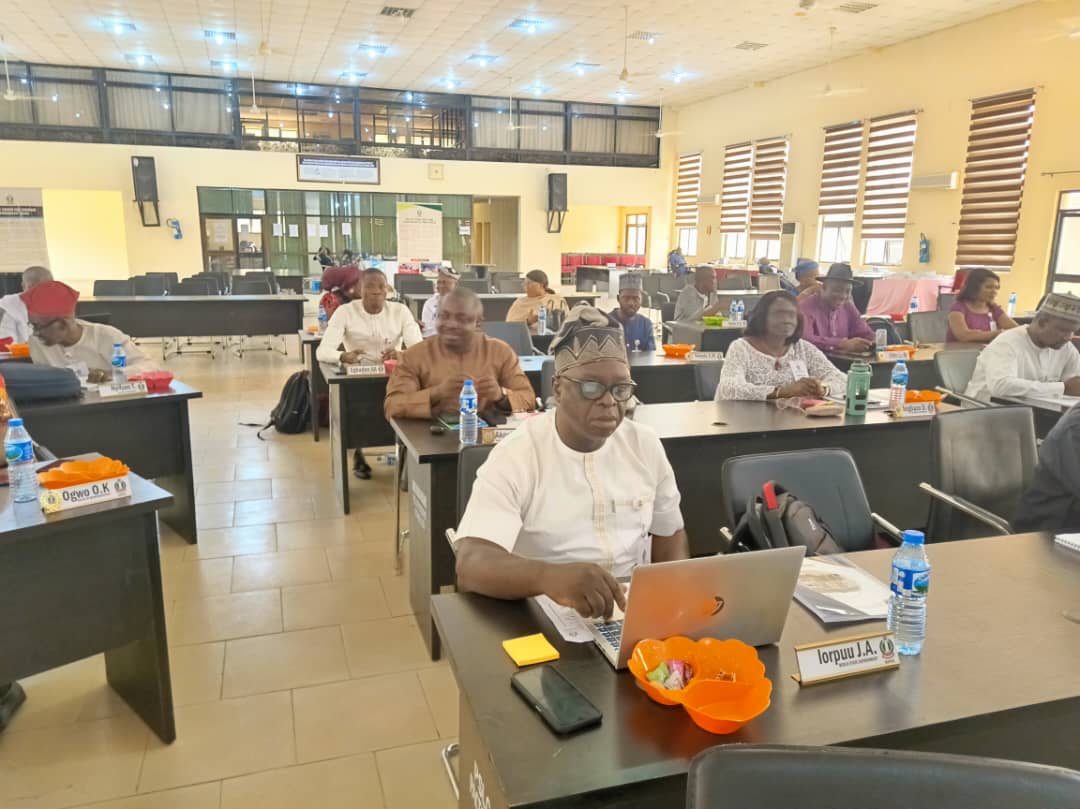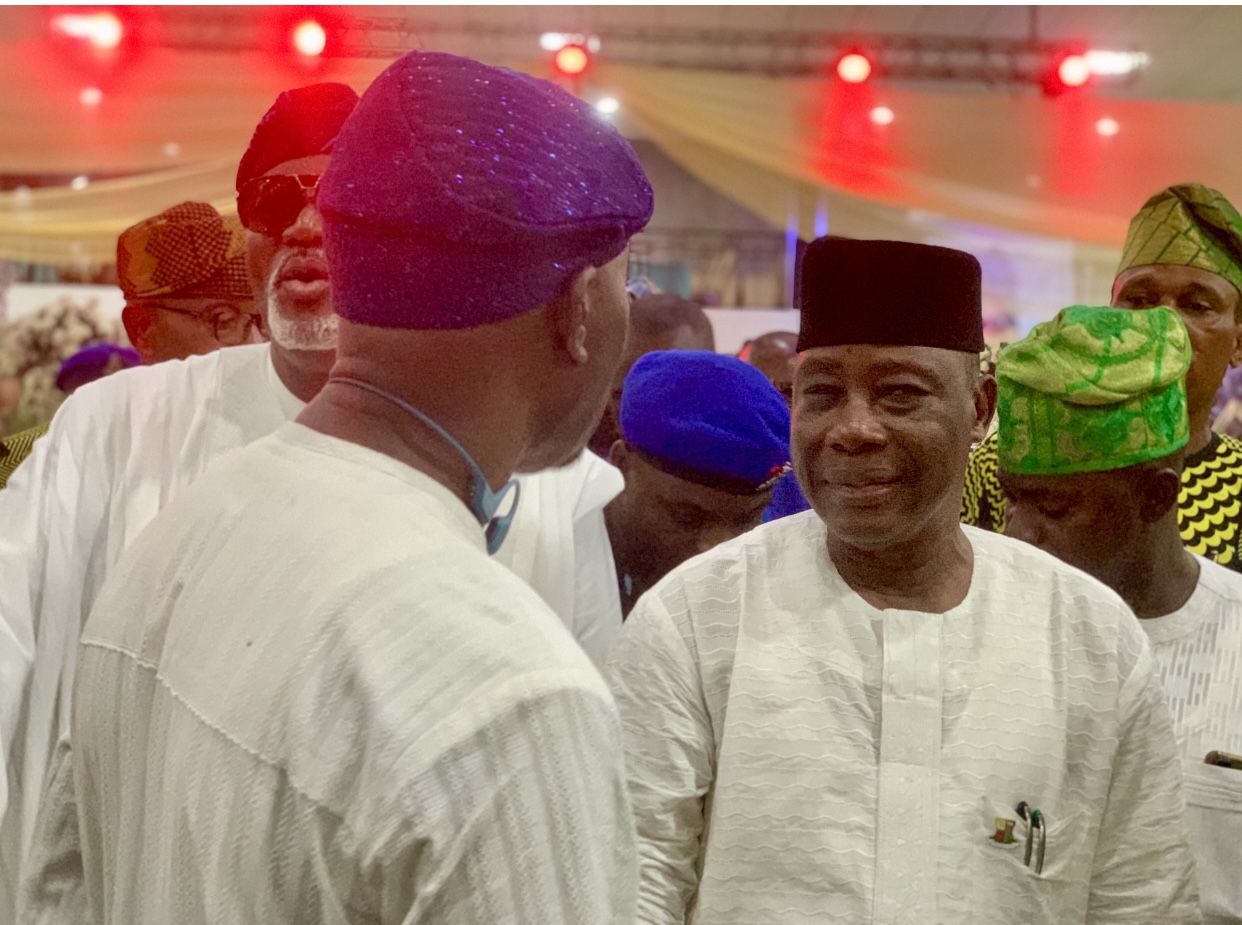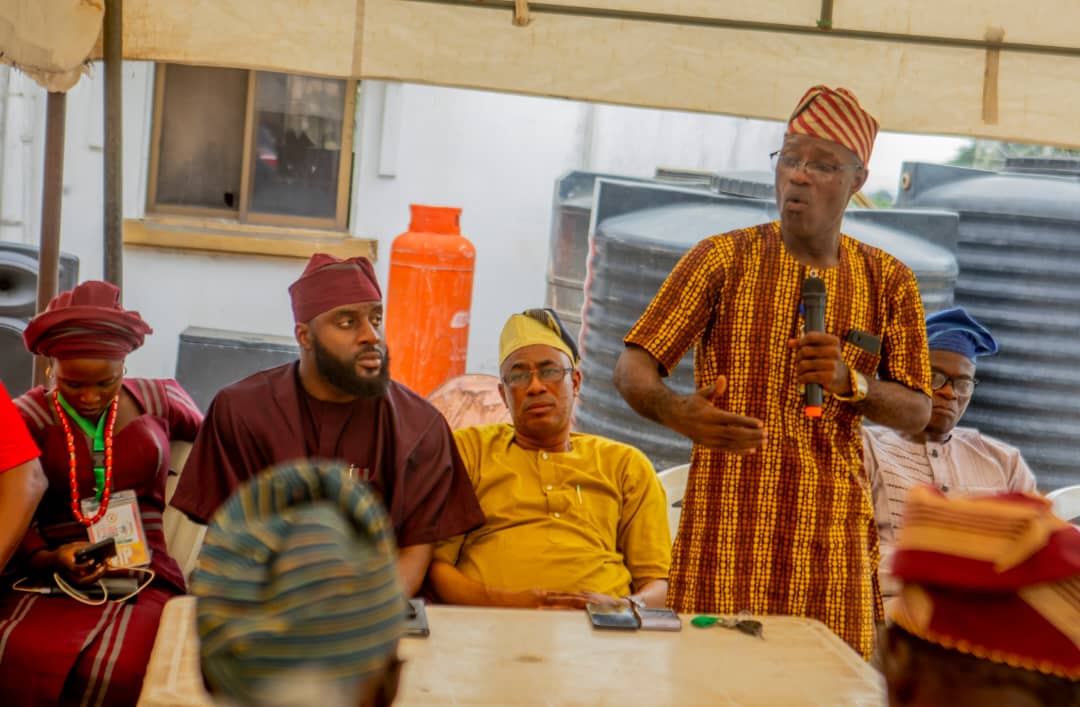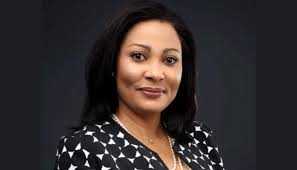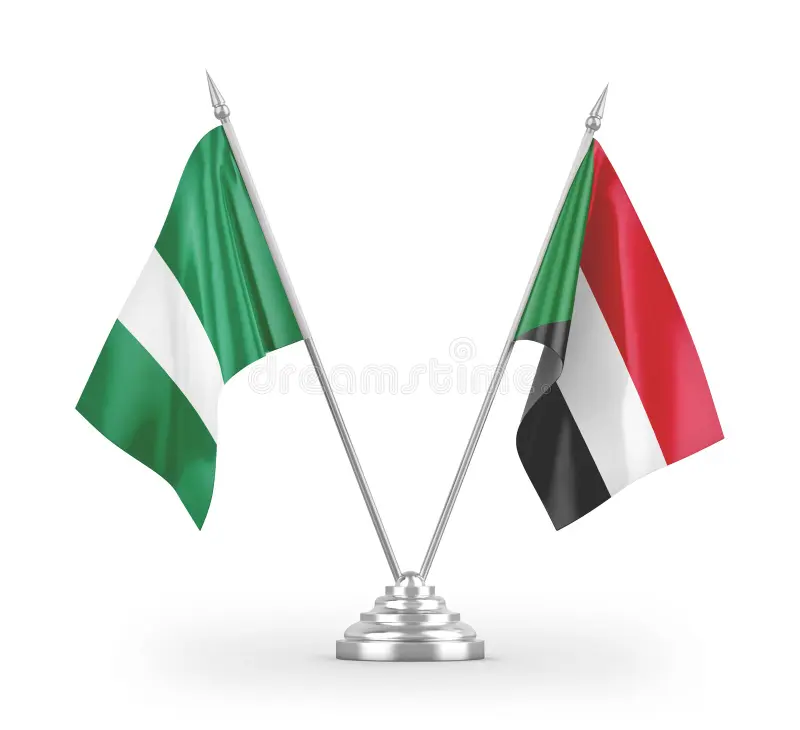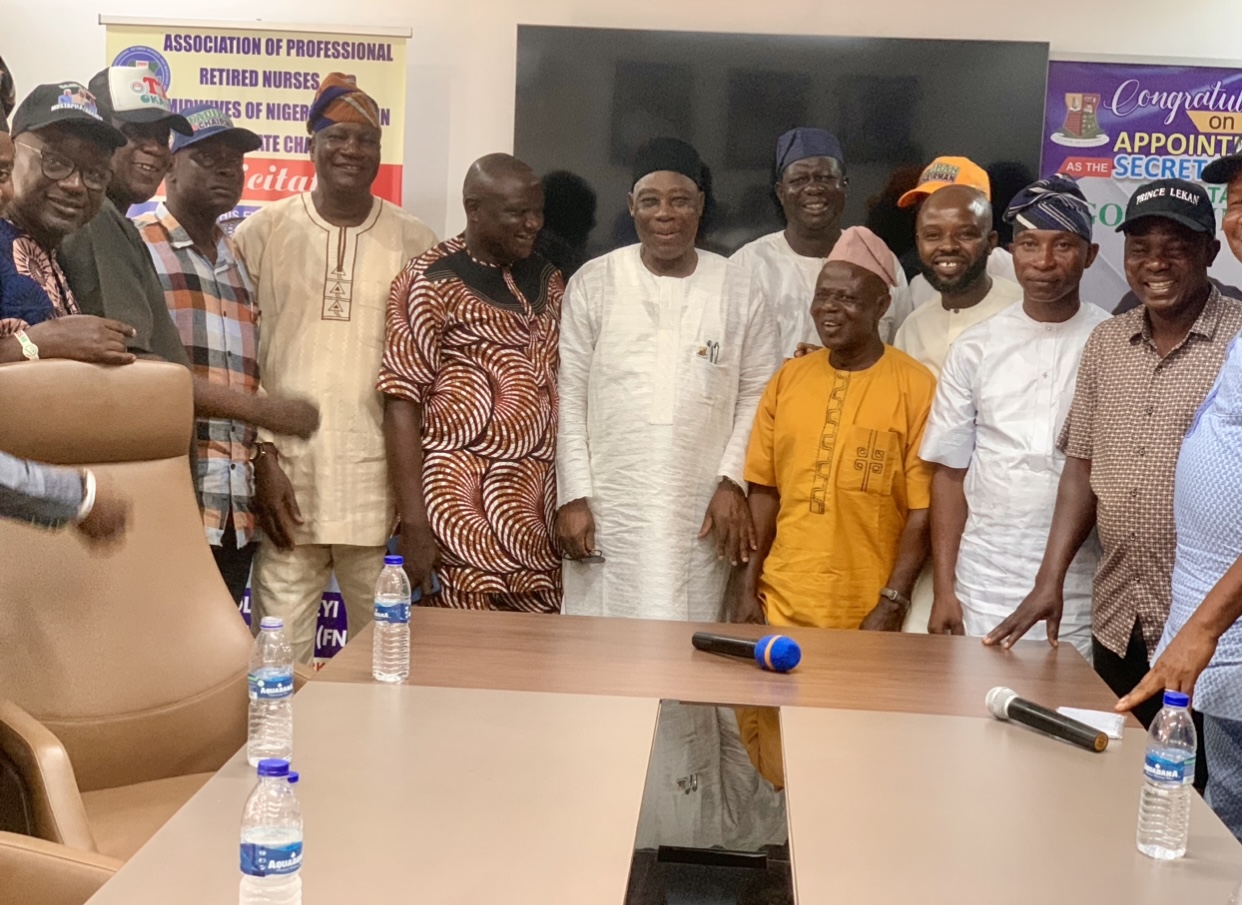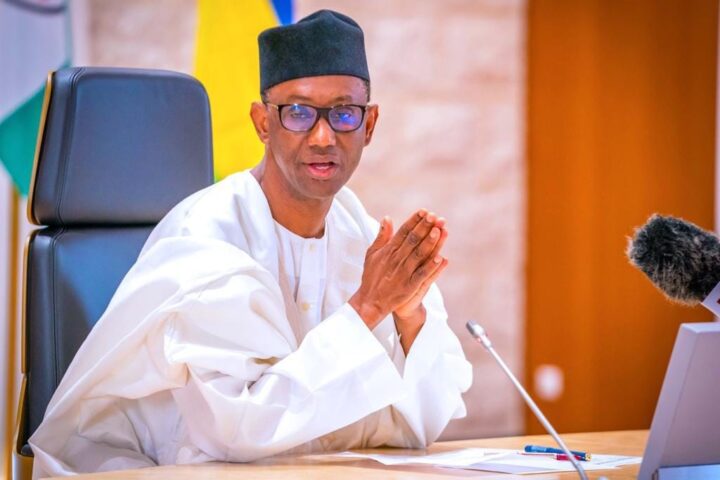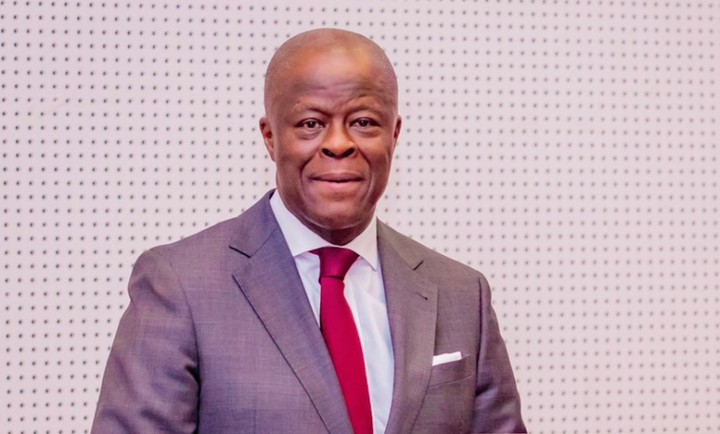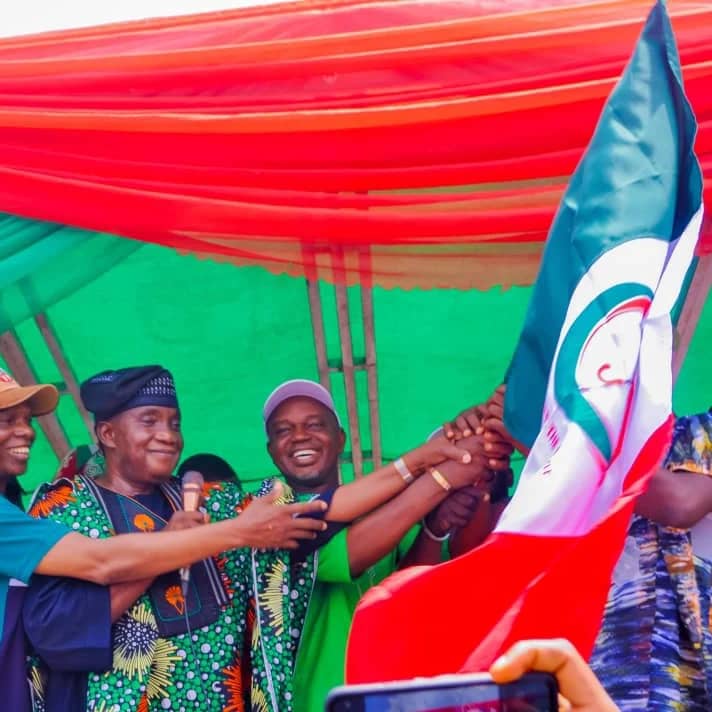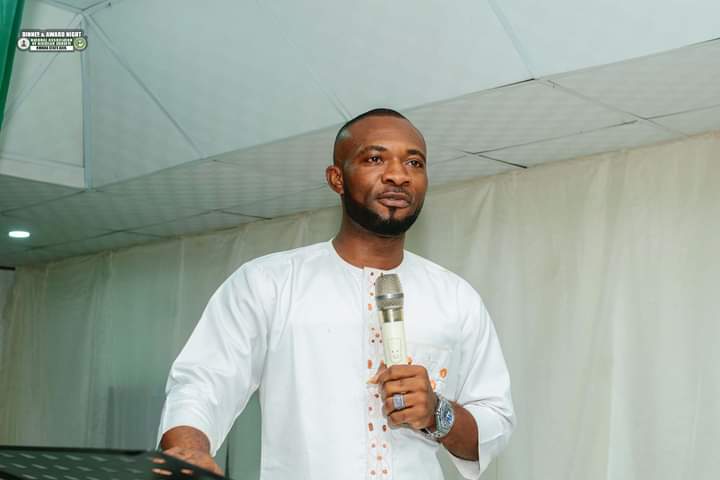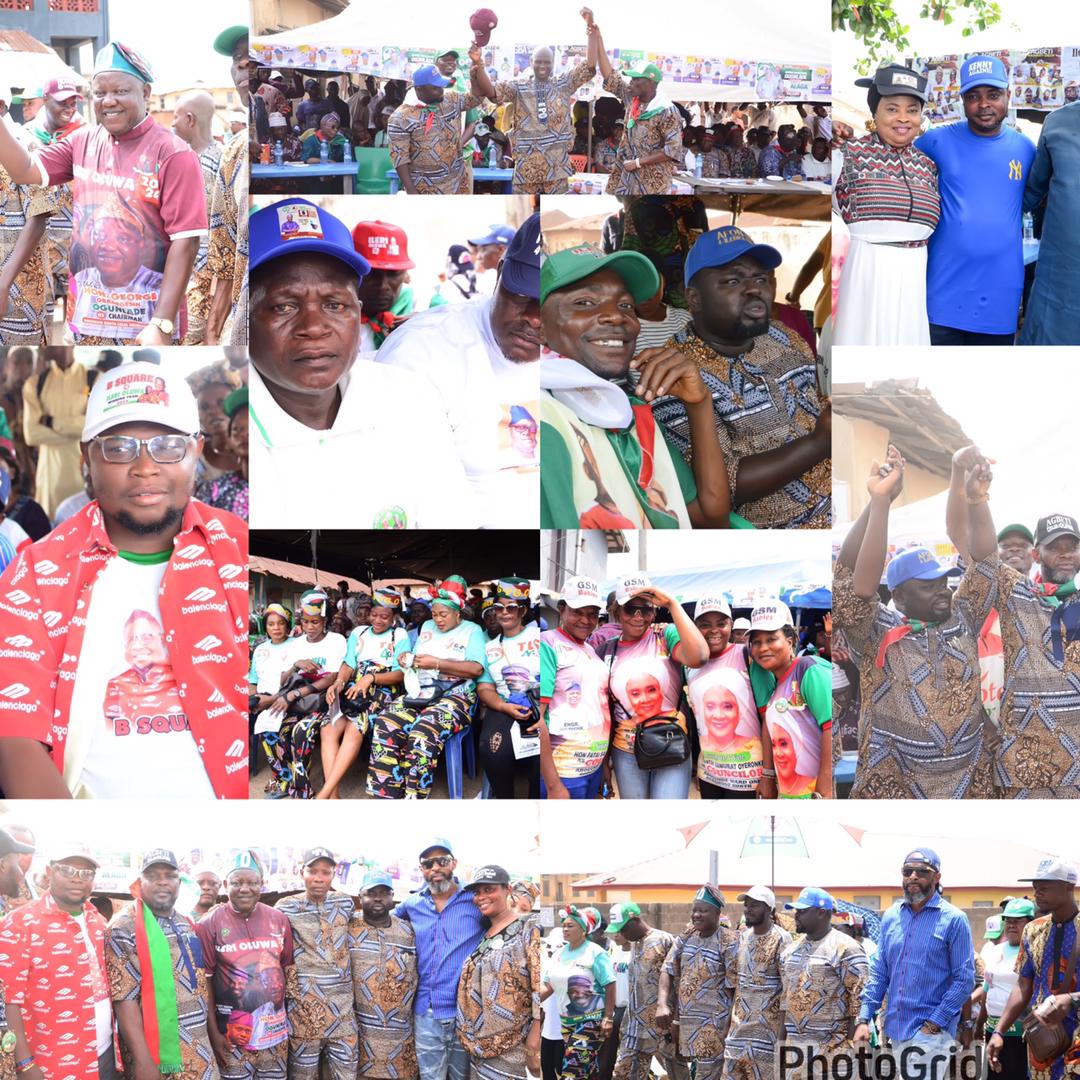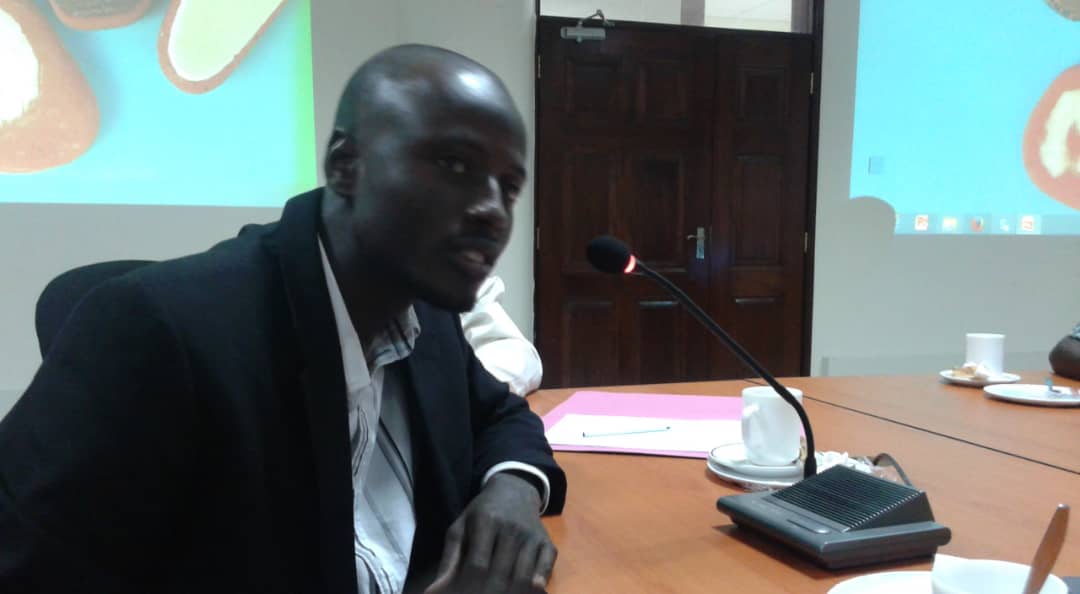Educator’s Guide To Some Islamic Practices In Daily School Life By Idris Alao
Nigeria, the most populous African nation, is a multi-religious, multi-ethnic and multi-cultural society, where adherents of Islam, Christianity and African Traditional Religion co-exist and are guaranteed the legal protection to practice and manifest the teachings of their respective religion. It is in recognition of this fact that the Nigerian Government, through the Federal Ministry of Education, approved the study of Islamic studies and Christian studies for Muslim and Christian leaners respectively, in both public and private basic and secondary schools in Nigeria. Given the presence of Muslim students of diverse backgrounds in both Nigerian public and private schools, and the imperative need for Nigerian educators to cope with issues of diversity, an idea to prepare a guide for the educators on some Islamic practices that affect daily school life was conceived.
The objective of this guide is to proffer practical steps to educators on how they can accommodate the religious needs of Muslim students in daily school life. This guide, therefore, aims to provide principals, head-teachers, other teaching and non-teaching staff with information on basic and religiously-mandated practices of Muslim students, in five core aspects, that should, in the minimum, be accommodated. They include; food and drink consumption, modesty & gender issues, curriculum & textbooks, acts of worship and Muslim holidays. The guide has as its primary target, public and private basic and secondary schools in Nigeria, excluding private conventional Islamic schools (PCIS) otherwise referred to as “Muslim or Islamic schools” where Islamic education (teaching & practice) is a top priority.
A GLIMPSE OF THE AFRICAN HERITAGE
The African Heritage, as described by Prof. Ali Mazrui, are the three main influences that shaped the African view, namely; the spiritual and cultural influence of Islam spreading from the east, the colonial and imperialist legacy of the West, and Africa’s own indigenous legacy. These three legacies have come to be known as Triple African Heritage in African history, Discourse on African civilization and African studies.
The concept has found its way into other fields of study. So, in religion, it is represented by the idea of Religious Pluralism or Plurality of Religions i.e Islam, Christianity and African Traditional Religion. In legal parlance, it is called Legal Pluralismwith Common law, Civil law, Islamic law and African Customary law as components. Legal pluralism defines the legal systems in African countries like Nigeria and Kenya. Although, the co-existence of the three systems of law reflects the concept of legal pluralism, the term “African Heritage Laws” is more appropriate to describe and contextualize the legal traditions of the African people.
In the field of education, the Triple African Heritage is reflected by the concept of Balanced Education, which is defined as the total aggregate of functional learning in each of the three systems of education, to wit; traditional education, faith-based education (Christian or Islamic) and conventional (Western) education. And finally in language, the linguistic representation of the concept is connected to Trilingualism or Multilingualism. The former is more suitable, as a sizeable African population can speak three languages; two from Arabic, English and French languages and one indigenous language. The import of the foregoing for the educators is to remind ourselves of the peculiarities of the African society and the indispensable need to entrench the value of religious tolerance and accommodation, while keeping our collective heritage in mind.
LEGAL PROTECTION OF RELIGIOUS RIGHTS IN EDUCATIONAL INSTITUTIONS IN NIGERIA
The teaching and practice of religion are part of the fundamental right to freedom of thought, conscience and religion, guaranteed under the 1999 Nigerian Constitution (as amended). Section 38 (1) (2) of the Constitution provides;
“Every person shall be entitled to freedom of thought, conscience and religion, including freedom to change his religion or belief, and freedom, either alone or in community with others, and in public or in private, to manifest and propagate his religion or belief in worship, teaching, practice and observance.”
“No person attending any place of education shall be required to receive religious instruction or to take part in or attend any religious ceremony or observance if such instruction, ceremony or observance relates to a religion other than his own or a religion not approved by his parent or guardian.” (Emphasis Added)
The right to receive religious instruction of one’s choice or that approved by one’s parent or guardian also includes the right of the educators to encourage and allow Muslim students to observe their religiously-mandated practices. The same way Christian students are encouraged and allowed to say their Lord’s Prayer (Our Father Who Art in Heaven), closing prayer in school (Now the Day is over) and prayer before meals (Bless this food, oh lord for Christ sake).
It is pertinent to note that the details of Islamic religious practices are defined only in the context of Islam; hence, such practices do not accommodate interpretation from just any Muslim, let alone a non-Muslim, to say the least. Thus, it will be wrong for either a non-Muslim staff or a Muslim staff without sound knowledge of the pristine Islam, to determine what qualifies as virtue or vice in Islam.
FIVE CORE ASPECTS OF ISLAMIC PRACTICES IN DAILY SCHOOL LIFE
1. FOOD AND DRINK CONSUMPTION
Muslims are careful about transgressing the limits set by Allah. Those limits are His prohibitions. Thus, under Islamic law, the consumption of certain foods and drinks are forbidden (Haram) such as pork, pork by-products or its derivatives and alcohol. In contrast, permissible foods and drinks, known as Halal consumption are lawful. In addition, certain laid-down procedures are followed in slaughter and preparation of meat. Other examples of prohibited items include; hot dogs containing pork, food ingredients containing alcohol such as vanilla-extract.
Muslim parents should ensure that launch items or food made available for consumption at the school’s cafeterias are Halal. The school management can as well give assurance to Muslim parents that foods and drinks in the school do not contain prohibited items as listed above, in addition to stating the hygiene condition under which they are prepared.
2. MODESTY & GENDER ISSUES
Personal Modesty
Islam prescribes that both men and women behave and dress modestly. Muslims believe that an emphasis on modesty encourages society to value individuals for their wisdom, skills and contribution to the community, rather than for physical attractiveness. There are a number of ways in which Muslims express such teachings. Men and boys are always to be covered from the navel to the knee. When in public, Muslim women wear loose-fitting, non-revealing clothing, known as Hijab or Khimar. This attire, which may vary in style, includes cape or mini Hijab.
Following judicial endorsements in contested cases over the use of Hijab in Nigerian educational institutions, at the Court of Appeal (Ilorin and Lagos Divisions) and the High Court of Osun state; the wearing of Hijab in schools has continued to receive Government’s approval at both federal and state levels. Thus, in Circular No. SAF.27/S.196/ II dated 10th December, 2019, the Federal Ministry of Education, through the office of Director of Basic and Secondary Education Department, approved the use of mini Hijab for Muslim female students at Federal Unity Colleges.
It is also on record that Ekiti and Lagos states through Circular Nos. EK/SSG/01/375 and ED/DISTVI/CCST/HI/14/I/63 dated 12th December, 2013 and 13th November, 2018, respectively, had granted approval allowing Muslim female students to wear mini Hijab on school uniforms, in both primary and secondary schools of their respective states. In addition to the above, Examination bodies in Nigeria such as the Joint Admission Matriculation Board (JAMB), West African Examination Council (WAEC), National Business and Technical Examinations Board (NABTEB) and National Examination Council (NECO) allow the use of Hijab for registration and examination purposes.
The school management may, however, regulate the wearing of multi-coloured Hijabs by introducing school-made Hijab that matches with the colour of a particular school uniform.
In the event that the wearing of Hijab in schools leads to mocking or scornful remark by non-Muslim students, it is the duty of teachers to prevent them from pulling or removing a Muslim student’s Hijab, as this may lead to dispute between the parents of the students concerned, their teachers and the school management, and if escalated, may give rise to a religious crisis.
Adolescence and Gender Relations
Puberty is a major turning point in the life of a Muslim. For those who have reached puberty, Islam prescribes certain parameters for relations between genders. For example, many Muslims are reluctant to shake hands with the opposite gender, even with classmates, teachers, or school managers (proprietors, principals and head teachers). This should not be taken as an insult or disrespect but as a sign of personal modesty.
Participation in School Social Programmes
Muslims may raise religious objections to school organized social programmes, such as cultural dances or end of the session party, where students are grouped to participate in choreography, cultural or hip-hop dances which, more-often-than-not, reveal sensitive part of the body of the female gender. Muslim students should not be pressured to participate or penalized for not taking part in such activities, as it offends the ethics of personal modesty of the Muslims.
Physical Education
For physical education activities, it is advised that school management should fashion alternative clothing for the Muslim students. The alternative clothing may be in form of knee-length shorts for boys and full tracksuits for girls. Muslim students should not be forced to participate in mixed-gender swimming or other sporting exercise, for it violates their religious conviction.
3. CURRICULUM & TEXT BOOKS
Educational Policy, Curriculum & Textbooks
Many Muslims in Nigeria feel their faith has been treated with bias in educational policies, curriculum and textbooks. This was primarily the motive for the establishment of private conventional Islamic schools (PCIS) by Muslims in Nigeria. Although, availability of more accurate and balanced instructional material is gradually increasing, the continued use of outdated and bias materials pants Islam with unworthy appellation and Muslim as enemies.
Such divisive attribution has, worrisomely, contributed to incidents of harassment against Muslim students by their classmates, teachers and even management of some schools. For instance, in a number of cases, Muslim students have been mocked and humiliated by their own teachers and bullied by their mates for wearing Hijab. School boards or governing councils should, in the light of the foregoing, review policies and programmes from time to time with a view to eliminate all forms of bias against Muslims. Textbooks that contribute to religious prejudice are harmful for breeding young minds, who are future leaders. Books that lack reliable information should be removed from the list of recommended texts, as they may likely misrepresentation of basic Islamic tenets. An example is the definition of “Allah” as a particular Muslim god rather than the only deity worthy of worship. Qualified Muslim educators should participate in textbook selection process, particularly, for texts on social studies and short stories.
Sex Education
Sex education material presented in schools is another sensitive matter to Muslim families. In Islam, individuals become religiously responsible for their deeds when they reach puberty. Islam puts great emphasis on modesty, chastity and morality and there is a specific set of teaching with regard to human development and its related issues. Muslim parents should have the option to remove their children from sex education classes. Textbooks containing pornographic, obscene contents should be removed from the list of recommended texts for students.
4. ACTS OF WORSHIP
Daily Prayers
Islam prescribes for Muslims the performance of five daily obligatory prayers. Two such prayers are observed after the sun reaches its zenith (Zuhr) and approximately two hours after that (‘Asr), which may fall within regular school hours. Accordingly, Muslim students, in the spirit of religious tolerance and accommodation should be allowed to observe the prayers of Zuhr and ‘Asr. It usually takes less than 15 minutes to accomplish this religious obligation.
Ablution
Before each prayer, Muslims are required to wash their faces, hands and feet with clean water. This washing is normally performed in designated facilities where the students would have access to pure, uncontaminated water. Wash-hand basin could serve the purpose to some extent. Since these facilities are presumed to be in place, Muslim students should, then, be encouraged and allowed to fulfill their religious obligation.
Prayer Space and Its Observance
During the act of worship, which includes; specific recitations from the Qur’an, the Muslim will stand, bow and touch their foreheads to the ground. Worship may be performed in any quiet, clean room. During the prayer, the worshipper will face Qiblah direction in Makkah. Total privacy of worshippers is not absolutely sacrosanct; however, others should not walk in front of, interrupt or distract directly or indirectly through voice (speech).
When the Muslim prays, he or she is fully engaged. He or she may not respond to a conversation. Students and teachers should not take offense if the worshipper does not answer their call during the prayer. However, in case of an emergency, the Muslim will respond to an announcement by stopping the prayer immediately.
Organizing Prayers & Islamic Programmes through Extra-curricular Activities
Muslim students, under the watch of Muslim teachers who provide leadership and guidance, can have a Muslim association, for the purpose of organizing Islamic programmes. Happily, a good number of public and private schools have Muslim Students’ Society (MSS) as one of the approved clubs and societies in those schools.
Friday Prayer
Jum‘ah is the Friday prayer observed congregationally. It is preceded by a short sermon (Khutbah). It is an obligation that must be fulfilled. Jum‘ah may last for about thirty minutes or more and it takes place at the mosque during midday prayer (i.e the time of Zuhr). It can, however, be organized within a designated space within the school premises as is the practice in some public & private schools.
Ramadan Fast
The month of Ramadan, the ninth month of Islamic lunar calendar is the period when Muslims are obliged to fast. Ramadan fast is one of the five pillars of Islam (other pillars include declaration of faith, daily prayers, paying obligatory alms and pilgrimage to Makkah). Observing the Ramadan fast means abstinence from eating, drinking and immoral conduct from dawn to sunset. The dates of this fast change each year; as the lunar year is about 11 days shorter than the solar year. Ramadan is also a period to empathize with those who are less fortunate and appreciate what one has. Fasting is prescribed when children reach the age of puberty. However, Muslim families allow their young children to practice fasting. Thus, Muslim students observing Ramadan fast should be allowed to go to the school library instead of the cafeteria during lunch. Also, they should be excused from strenuous physical activities.
The school management may also turn the diversity in the classroom to educational advantage by inviting a Muslim student to explain the practice of Ramadan fast. This will help the Muslim student avoid a feeling of discomfort about not having lunch with his or her classmates during the month. In the same manner, a non-Muslim student will appreciate the reason for the ‘sudden’ abstinence from eating and drinking by his classmates. By creating such avenue, the school helps to support parents and communities in their efforts to teach beneficial values. Such approach is also an important preparation for students, on how to deal with diversity.
5. MUSLIM HOLIDAYS
There are several days in the Muslim calendar with special religious significance, but the major celebrations common to all Muslims are the two Eid days (festive holidays). The first Eid day is celebrated on the day after the month of Ramadan (the month of fasting). The second is celebrated on the tenth day of Dhul Hijjah, the twelfth Islamic month. The festivities include congregational prayer, gatherings with family, friends and well-wishers, gifts and mild entertainment, especially for children and women (among themselves).
Celebrating Eid in Nigeria requires that Muslims take at least two days off from school as Eid day is declared a public holiday in the country by the Federal Government. Muslims would like to see that Eid receives recognition is some missionary schools, where Muslims constitute the minority of the student population. These schools should be accommodating and adopt live and let’s live approach by observing the Muslim holiday as a public holiday – an official break that requires educational institutions to close down.
ACKNOWLEDGEMENT
This Educators’ guide draws on An Educator’s guide to Islamic Religious Practices of the Council of American-Islamic Relations (CAIR). The author would therefore, like to thank the body for the innovative idea that has proven to be a potent tool in the promotion of mutual understanding, avoidance of religious crisis and elimination of tensions in public schools in the United States of America. It is hoped that Nigeria’s public and private conventional schools, offering basic and secondary education would appreciate this innovation, in the light of our Triple African Heritage and in the spirit of live and let’s live.
Idris Alao is a holder of Bachelors of Arts Education Degree in Islamic Religious Studies Education from the prestigious citadel of academic excellence, the Lagos State University. He is an Edupreneur and Professional Teacher, registered with the Teachers Registration Council of Nigeria (TRCN). He bagged LL.B Degree in Common and Islamic Law from the most-sought-after Nigerian University, the University of Ilorin, Ilorin, and was called to the Nigerian Bar as Barrister and Solicitor of the Supreme Court of Nigeria. He possessed the expertise in practical approaches to achieving a robust combination of Conventional, Arabic and Islamic types of education. He is also a Certified Translator in Arabic-English-Arabic language clusters and a member of the Nigerian Association of Educational Administration and Planning (NAEAP), Commonwealth Council of Educational Management (CCEAM), Nigerian Institute of Translators & Interpreters (NITI) and Nigerian Bar Association (NBA). [email protected].

